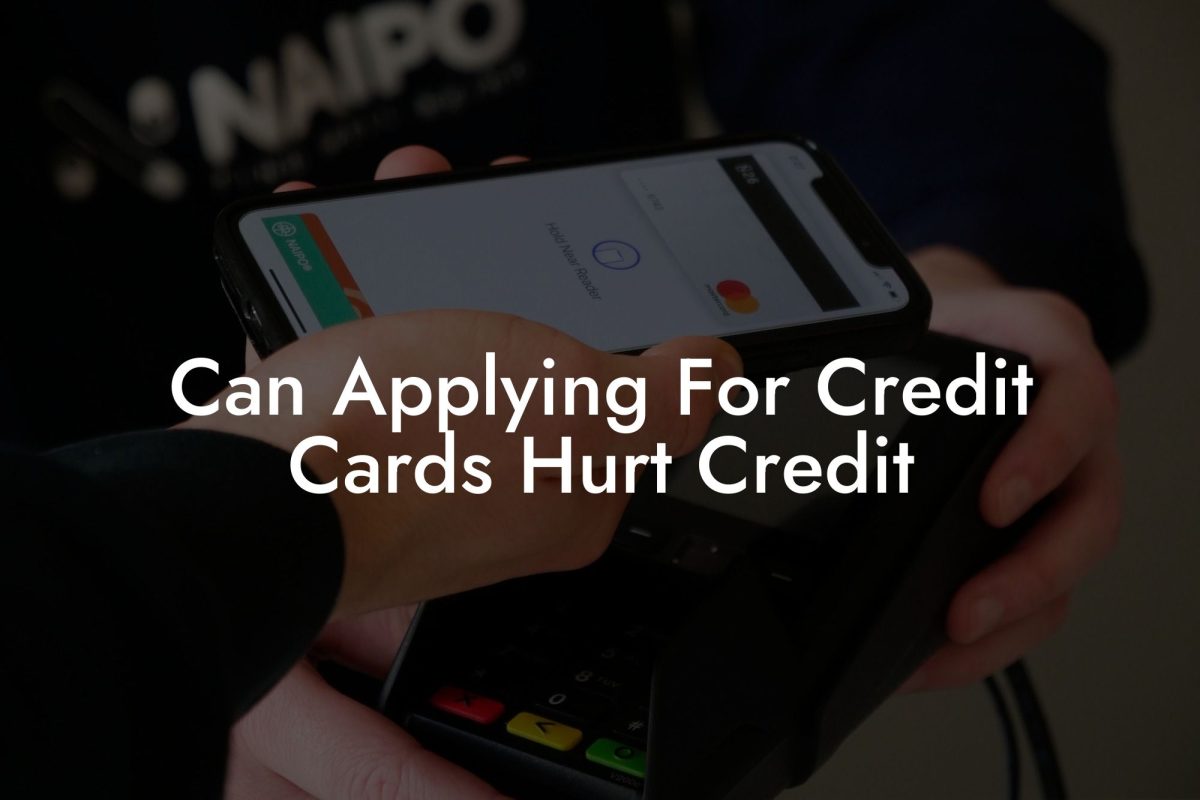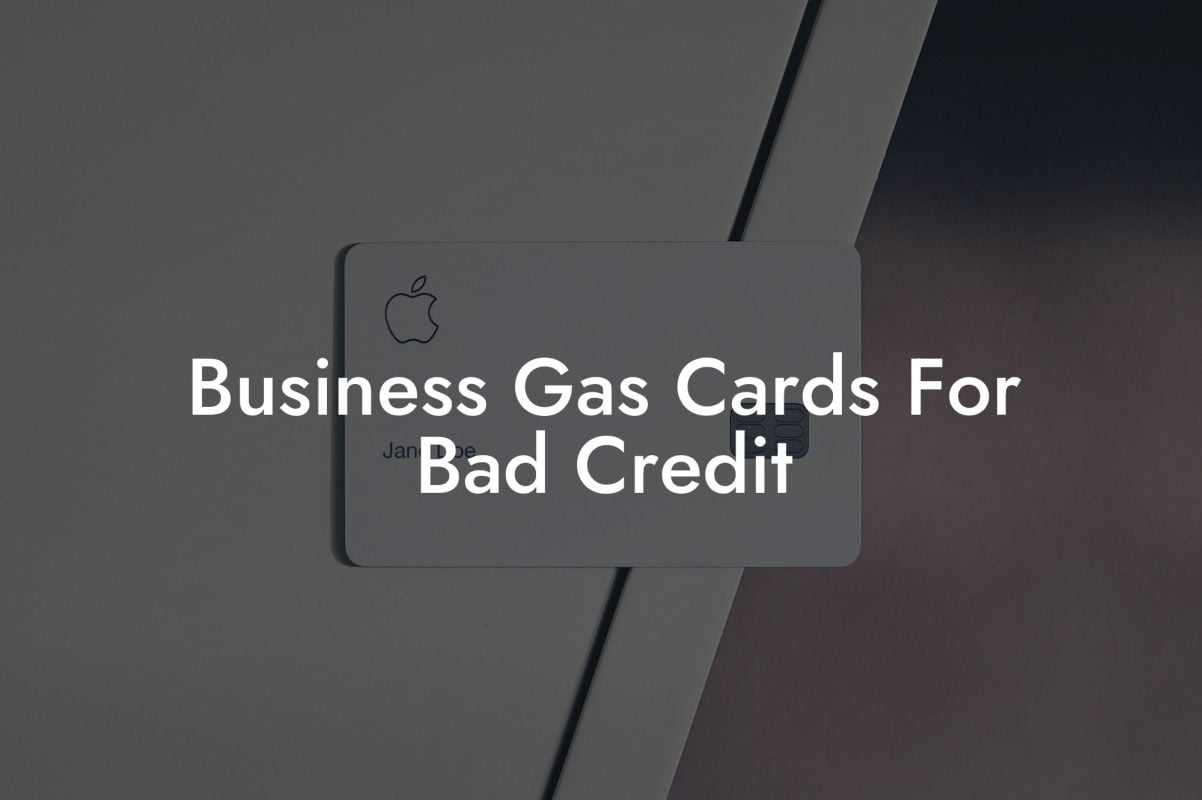How long to keep credit card statements is a question that many people have. The answer, however, may surprise you. In this blog post, we will discuss how long to keep credit card statements and provide a complete guide for doing so!
How Long to Keep Credit Card Statements Table of Contents
How Long to Keep Credit Card Statements Table of Contents
What is a Credit Card Statement?
How Often Will I Receive My Credit Card Statement?
How Long to Keep Credit Card Statements?
Why Do I Need to Keep My Credit Card Statements?
Can I Get Credit Card Statements From 10 Years Ago?
How Long to Keep Credit Card Statements Table of Contents
What is a Credit Card Statement?
How Often Will I Receive My Credit Card Statement?
How Long to Keep Credit Card Statements?
Why Do I Need to Keep My Credit Card Statements?
Can I Get Credit Card Statements From 10 Years Ago?
Is It Safe to Throw Away Credit Card Statements?
What Can You Do With Old Credit Card Statements?
What is a Credit Card Statement?
A credit card statement is a monthly record of your credit card activity, including any charges made, payments received, and interest accrued. Credit card issuers typically send out statements around the same time each month.
How Often Will I Receive My Credit Card Statement?
This will depend on your card issuer, but most credit card statements are sent out once a month. You may be able to choose to receive your statement more or less frequently, but there may be fees associated with this. Check with your issuer to see what options are available to you.
Once you've received your statement, it's important to review it carefully. This is the best way to catch any potential fraudulent charges, as well as keep track of your spending. If you see anything that looks off, be sure to report it to your issuer right away.
How Long to Keep Credit Card Statements?
You should keep your credit card statements for at least one year. This will give you a complete record of your annual credit card activity in case you need to review it for any reason. You may also want to keep copies of particularly important transactions, such as large purchases or travel expenses.
If you're concerned about identity theft or fraud, you may want to keep your credit card statements for longer than one year. Keeping records of your credit card activity can help you spot any suspicious activity, so you can report it to your credit card issuer as soon as possible.
Credit card statements are an important record of your financial activity. You should keep them for at least one year, and longer if you're concerned about identity theft or fraud. Keeping good records can help you spot problems early and protect your finances.
If you have space in your home, you can store physical copies of your credit card statements in a filing cabinet or box. Otherwise, scan or take photos of each statement and save the digital files in a secure location, like a password-protected folder on your computer or an encrypted cloud storage service. Whichever method you choose, make sure you can easily find and access your statements if you need them.
If you're no longer using a credit card, you can shred or destroy the physical statements and delete the digital files. Just be sure to check your credit report periodically to make sure there is no fraudulent activity on any of your inactive accounts.
Why Do I Need to Keep My Credit Card Statements?
Your credit card statements contain a lot of important information about your account and transactions. They can be helpful if you need to dispute a charge or track your spending. Additionally, some businesses may require you to provide proof of purchase from a credit card statement in order to process a return or exchange.
Can I Get Credit Card Statements From 10 Years Ago?
The answer to this question is a bit complicated. If you're simply trying to pull up an old credit card statement for your own records, you'll likely be able to do so through your credit card issuer's online portal. However, if you're trying to obtain old credit card statements for legal or business purposes, it may be more difficult.
Generally speaking, most financial institutions will keep records of your account activity for at least seven years. This is in accordance with the Fair Credit Reporting Act, which requires lenders to hold on to certain types of information in order to protect consumers' rights. So, if you need an old credit card statement for any reason, your best bet is to contact your credit card issuer directly and ask about their specific policies.
Of course, there are always exceptions to the rule. In some cases, credit card issuers may only keep records for a few years or even just a few months. And in other cases, they may keep records indefinitely. So, if you're trying to obtain an old credit card statement, it's always best to contact your issuer directly to find out their specific policy.
In short, the answer to how long credit card statements are kept depends on the issuer. However, most issuers will keep records for at least seven years in accordance with the Fair Credit Reporting Act.
Is It Safe to Throw Away Credit Card Statements?
Most people don't think twice about throwing away their credit card statements. After all, you're not using them anymore and they're just taking up space. But is it actually safe to get rid of them?
The short answer is that you should keep credit card statements for at least 12 months. This gives you a full year to review your statement and catch any errors or fraudulent charges. If you spot something on your statement that doesn't look right, you can contact your credit card issuer and dispute the charge.
Of course, you don't necessarily need to keep physical copies of your credit card statements. If you'd prefer to go paperless, most issuers allow you to view and download your statements online. Just be sure to save them somewhere safe in case you need to reference them later on.
What Can You Do With Old Credit Card Statements?
Once you're done with your credit card statement, there are a few different options for disposing of it. The best way to get rid of sensitive financial documents is to shred them. This will prevent anyone from being able to piece the document back together and read your personal information.
If you don't have a shredder, you can also tear the statement into small pieces. Just be sure to dispose of it in a secure way, such as in a locked trash can or dumpster. You may also want to consider burning the statement if you're particularly worried about someone accessing your information.













